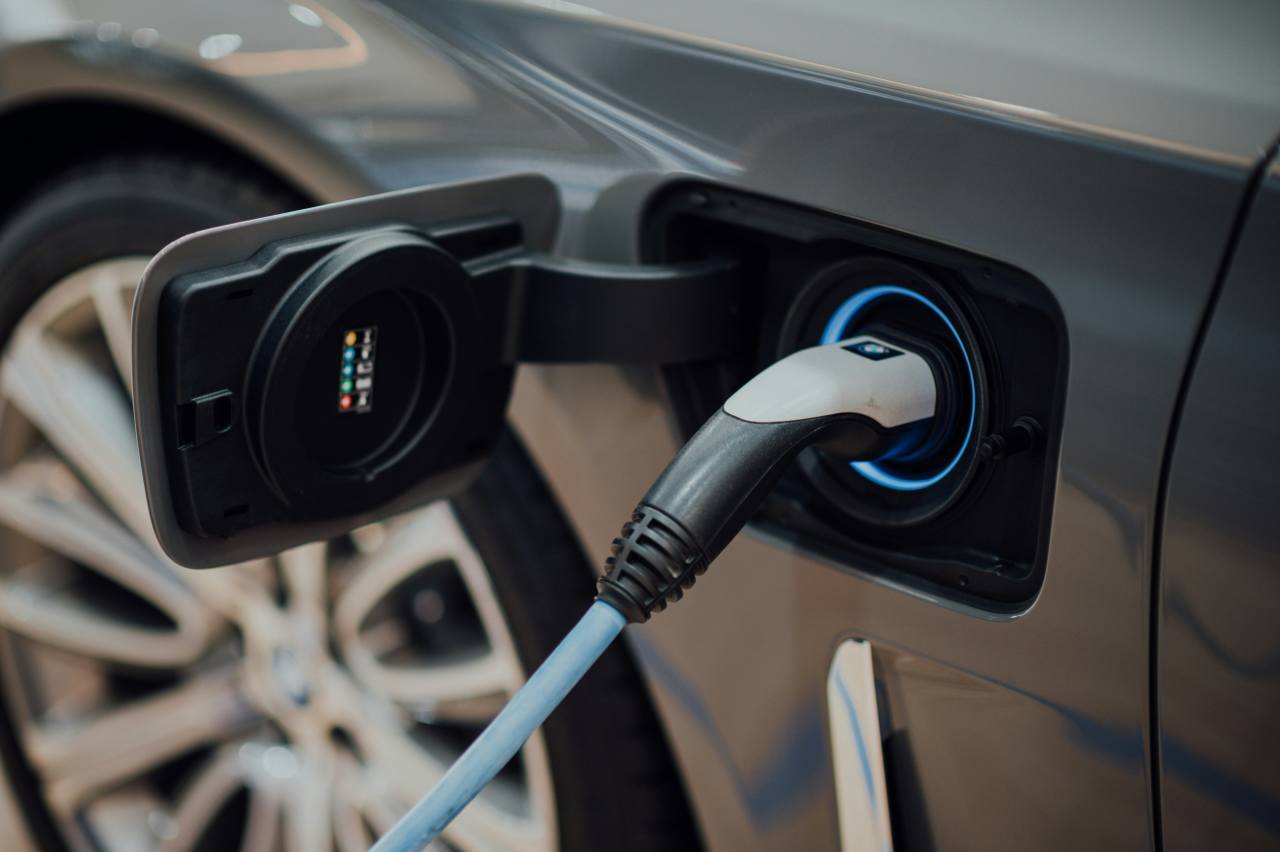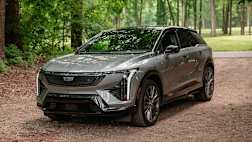The 'electric cars vs petrol cars' debate is a curious one, since there's not really a whole lot to debate: EVs don't use fossil fuels and thus don't emit the kind of harmful greenhouse gases that make Mother Nature, and her favourite daughter Greta Thunberg, sad.
And they also offer a more exciting driving experience due to their ability to deliver instant torque and a smoother, quieter ride (all right, the noise isn’t the same as a barking engine, but you do get used to that).
Traditionalists may go out of their way to rain on the EV parade (“What about range? What about the comforting rumble of an internal-combustion engine?!”) but the fact remains that the advantages of electric cars far outweigh the disadvantages, despite what the naysayers may say.
Or they would, if they weren’t so expensive, but that playing field is slowly levelling itself as well.
While, admittedly, the whiff of some premium unleaded or the roar of a V8 engine may trigger a primal part of your brain, the time has come to say a teary-eyed farewell to ICE vehicles as they start to be phased out over the next decade or so (faster if you live in some European countries, which are banning the sale of petrol and diesel-powered vehicles as soon as 2025), paving the way for EVs to rule the roads.
For those not ready to part ways with their gas-guzzlers just yet, allow us to make your break-up a little more seamless by presenting the many electric vehicles benefits that will likely have you seeing EVs in a whole new light.
1) They’re better for the environment
Looking for compelling environmental benefits of driving an EV? How about this: green cars produce zero emissions, mercifully sparing the atmosphere from any further unwanted greenhouse gases, like carbon dioxide (not to mention the other nasties and particles you get from diesel exhausts).
It’s true that harmful greenhouse gases can be created during the production of electric vehicles, bur many car manufacturers are working to rectify this issue.
Audi already has carbon-neutral plants in Brussels and Győr, with the aim for the company’s production plants to be entirely carbon neutral by 2025.
Swedish brand Polestar has set itself the lofty goal of creating a 100 per cent climate-neutral car, the Polestar 0, by 2030, thus eradicating all carbon emissions from its production process.
Polestar, which has also committed to recycling battery components and using renewable materials like cork in its vehicles, has also been commendably transparent about the carbon footprint it currently has by releasing carbon-impact reports on its EVs (Google them if you’re having trouble getting to sleep one night).
The electricity used to power EVs may also be generated in plants that create greenhouse gases - particularly if you live in coal-loving Australia - but with renewable energy like wind, solar and hydro available, it’s still entirely possible to go the carbon neutral route when powering up your EV. Run it off your own solar panels and it’s not only zero-emission, but zero cost as well.
States like Tasmania, with its love of hydro, also offer green motoring for EV owners.
2) Reduced fuel costs
If you’ve ever wondered “Are electric cars cheaper to run?”, the answer is a resounding “Yes”.
Have an EV and access to solar energy? Congratulations - you’ll never have to pay a cent for fuel ever again.
If you’re in the position of having to charge your EV with electricity taken from the grid, you’ll naturally have to pay for it, but the cost will be significantly cheaper when compared to what you’d fork out to fill your tank up with petrol or diesel.
The Australian Electric Vehicle Council reports that the average Australian drives 15,000km and spends around $2,160 on petrol per year ($0.14/km). An EV travelling 15,000km would cost around $600 per year ($0.04/km) in electricity costs.
3) Efficiency
According to the US Department of Energy, EVs convert over 77 per cent of the electrical energy from the grid to power at the wheels, whereas ICE vehicles only convert about 12-to-30 per cent of the energy stored in gasoline to power at the wheels.
This means less energy is needed to power an EV, thus saving you valuable money that can be put toward more important things, like purchasing fuzzy dice made of recyclable materials for your rear-view mirror.
4) Less maintenance required
There are around 20 moving parts in the motor of an EV, compared to about 2000 in an ICE vehicle.
With no need for engine oil, pistons, or even complex transmissions (most EVs use only one gear) EVs require very little in the way of regular servicing, saving you even more money to put toward the fuzzy dice.
5) Government incentives
Although the Australian Federal Government hasn’t set any goal to phase out ICE vehicles, it has begun offering a few dangling electric carrots to entice drivers to buy EVs, including an Electric Car Discount Bill (this ensures that any EV below the luxury car tax threshold of $84,916 is exempt from the fringe benefits tax and import tax).
Most states and territories have also stepped up, with a $3,000 subsidy for eligible new EVs in NSW, Victoria, SA and Queensland, as well as stamp duty and registration reductions, depending on where you live.






.jpg)
.jpg)



.jpg)
.jpg)










